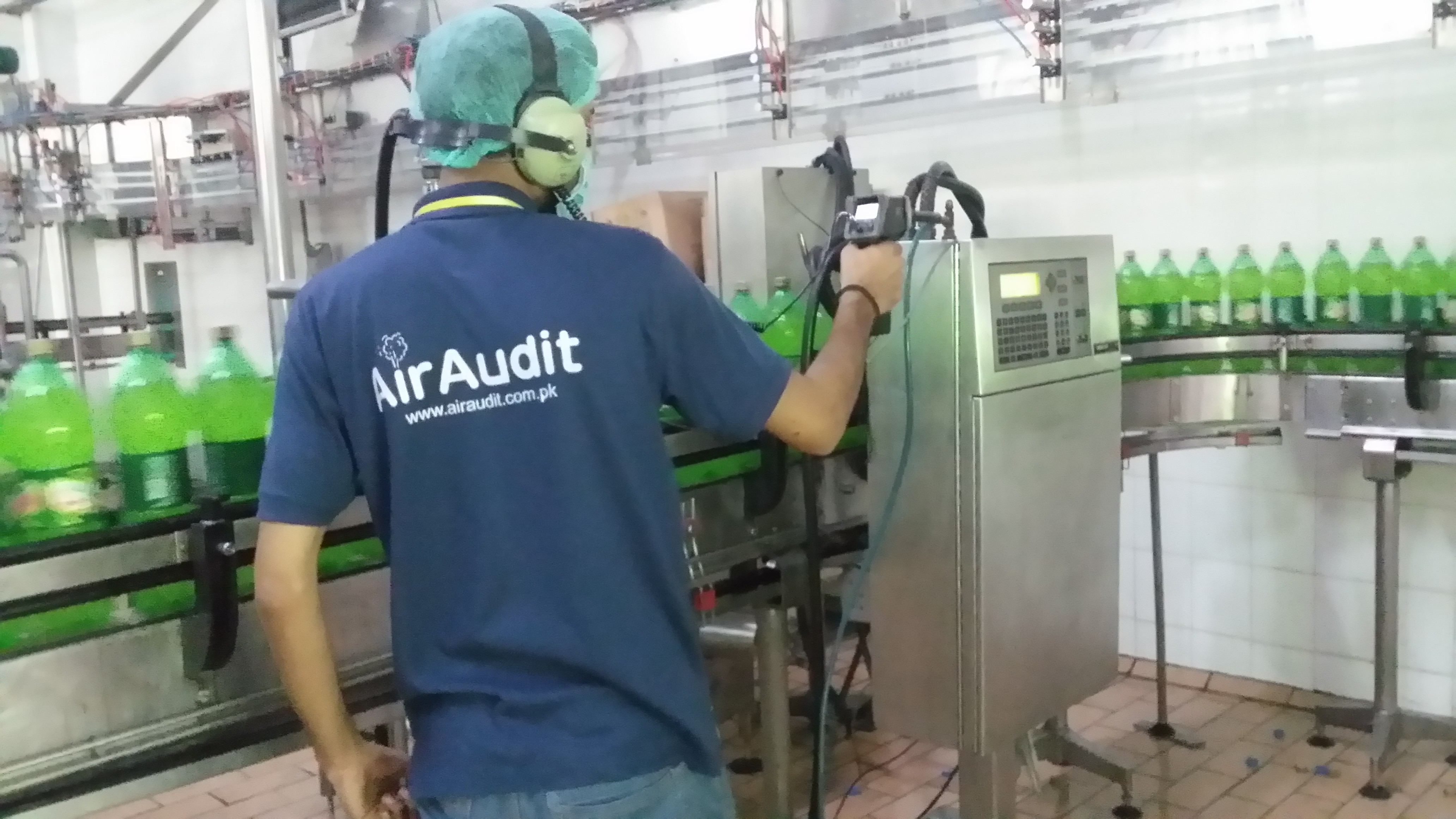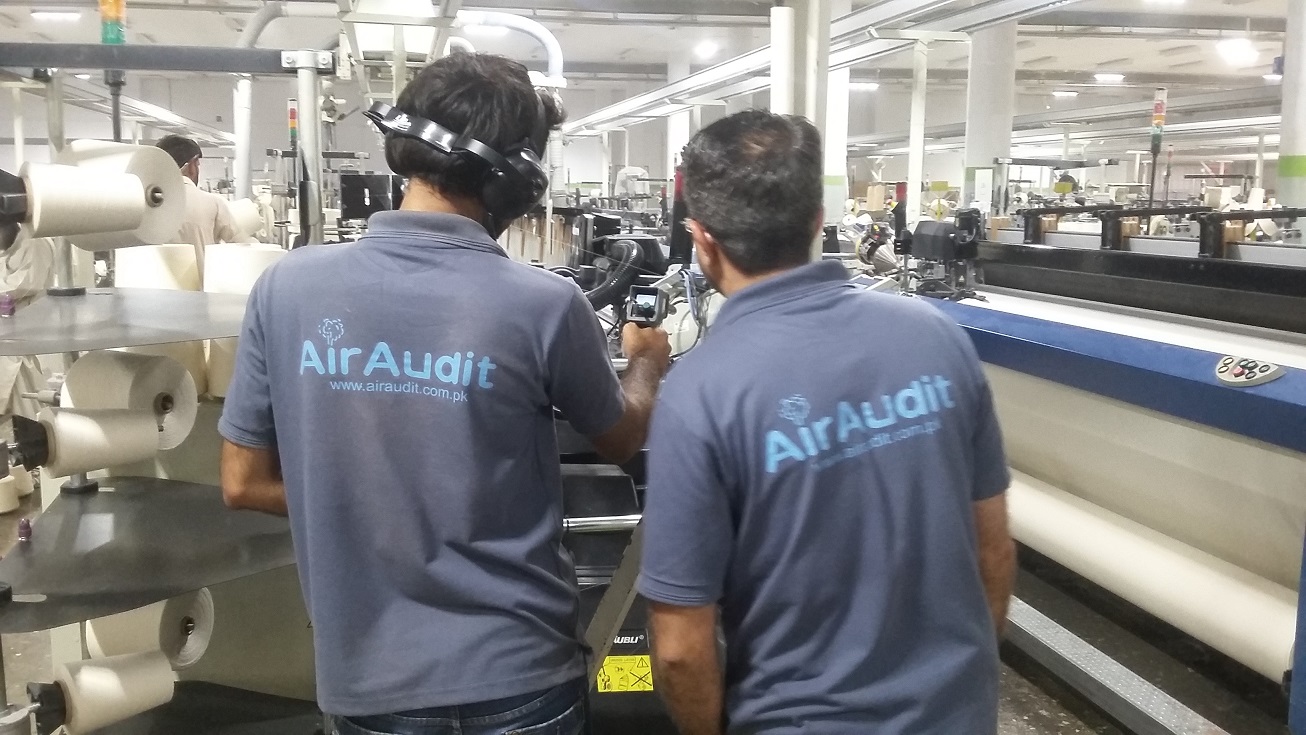Compressed air energy audit come in all shapes and sizes, from free and basic to full system audit with specific measurements, such as leak detection, power and flow rate, maintenance review and more. Inexpensive audits are available, but be cautious of how they are performed and by whom. Many Compressor manufacturers offer audits at no charge and use it as a tool to make sales of compressors. Choose an independent air audit company which can give impartial advice.
Here are some tips on how to prepare for an energy audit.

Five Question to Ask Yours Prospective Auditor:
1. Do you have reference or previous customer that I can talk with?
2. Will you help evaluate the complete system, supply and demand size?
3. What kind of report will you supply
4. Will you help remedy the inefficiencies?
5. Will you offer a post audit and perhaps an annual PM check-up study?
Another key element to consider before employing a company to perform an audit is if the audit can be performed when system are running normally. There is usually no need for downtime during an audit.
Which Type of Audit Do you need?
Often, the audit you choose depend on the type of operation and the budget available. Audits generally fall into three categories:
1. Basic Audit (walking the line)
2. Data Logging
3. Full System Audit
A basic audit includes a visual inspection of the compressed air system and is often available from compressor manufacturer at no charge and used as a tool to make sales of compressors. Care should be exercised in choosing an independent air audit company which can give impartial advice.

Data Logging involves performance tracing of the compressor system for a minimum of seven days which often reveals if the compressor is correctly sized or if it is operating at its optimal CFM output. While data logging does come with a cost, check with your local utility providers for available rebates or incentive programs.A full System Audit can cost up to PKR 1,500,000.00 – 2,000,000.00 depending on the nature of the audit, but typical savings range from 30% to 50% when the audit recommendation are put into practice. Because a full system audit often includes air measurement of compressed air demand, air leak detection and control and air quality, the benefits – lower energy costs and higher production efficiency – usually pay for the fee paid for the audit. Large users of compressed air, with connected loads of 500 kw and above stand to gain immensely from waste reduction occurring through leaks and other inefficiencies in the compressed air system
Are you ready to schedule a compressed air system audit?
